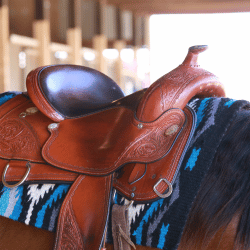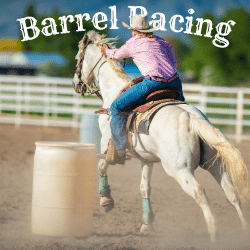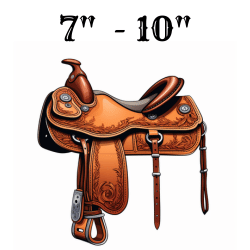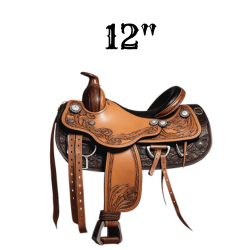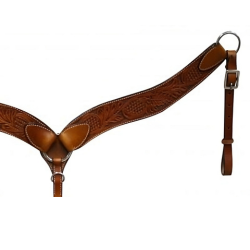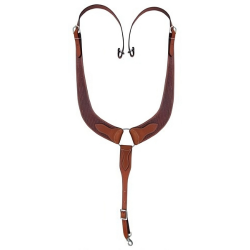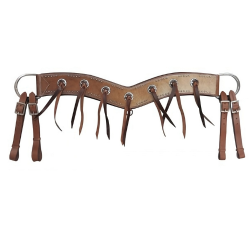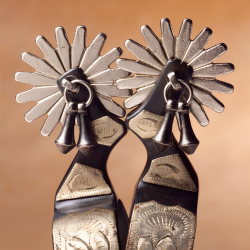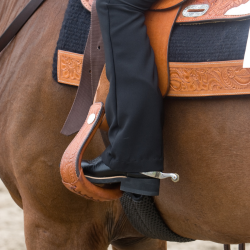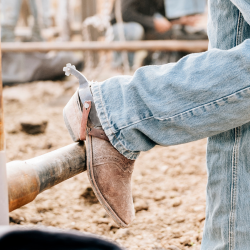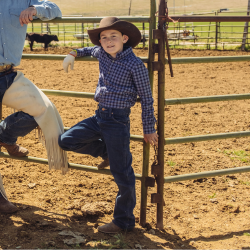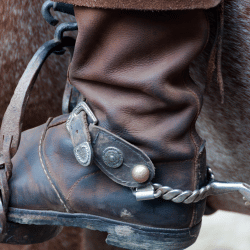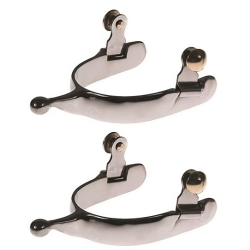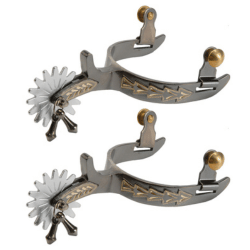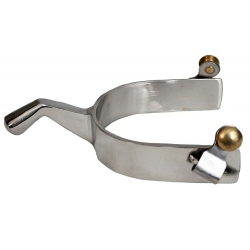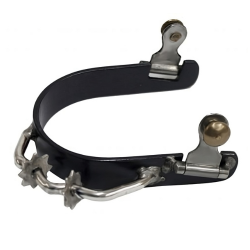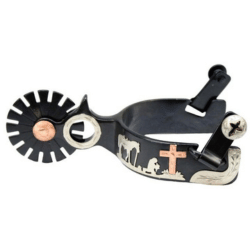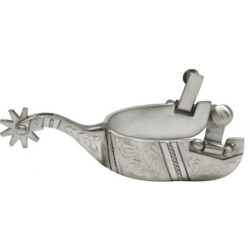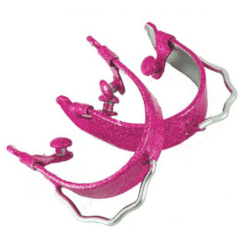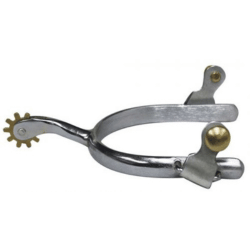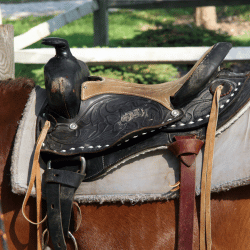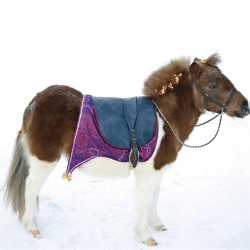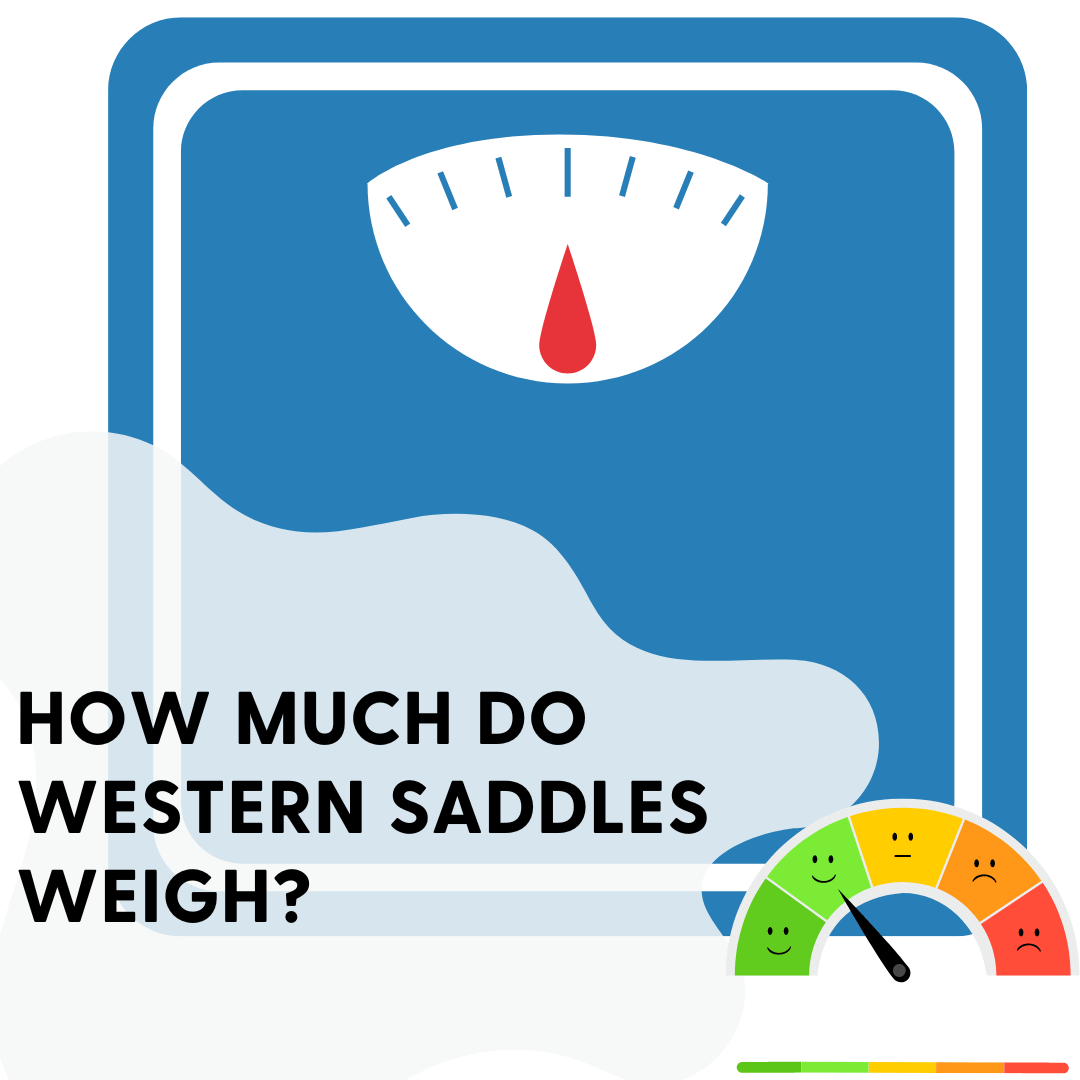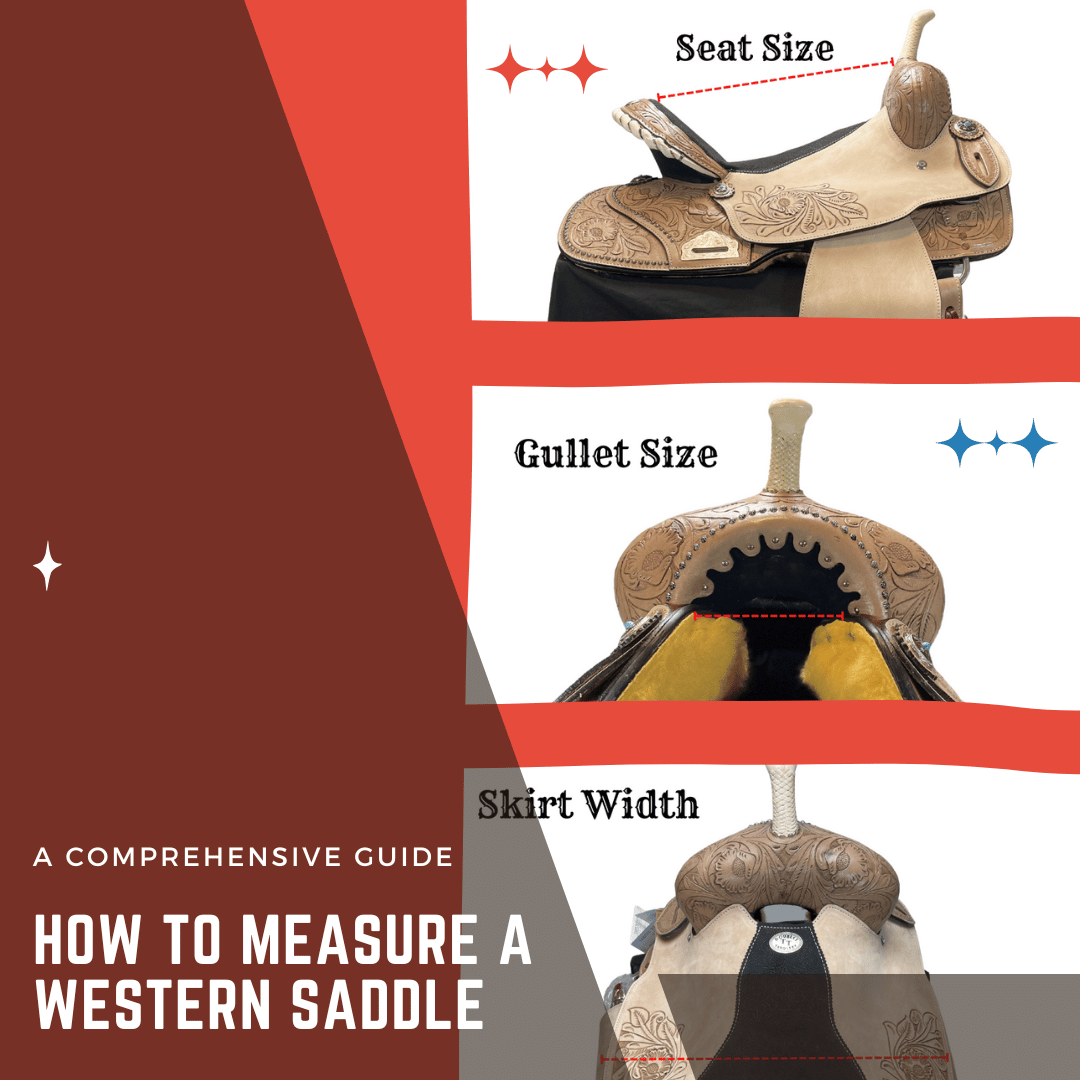The weight of a western horse saddle can vary depending on a number of factors, including the size of the saddle, the materials used, and the design of the saddle. In general, western horse saddles weigh anywhere from 20-30 pounds, with some saddles weighing more or less depending on the specific features and construction.
General Weights For Saddles:
Youth (seat size 8" to 12"): 10-20 lbs.
Lightweight Saddles (14" to 18"): 15-25 lbs.
Average Weight Saddles (14" to 18"): 20 - 35 lbs.
Heavy Saddles (14" to 18") 40+ lbs.
A huge factor in the overall weight of the saddle will be the saddle tree material used in the construction of it. To achieve lightweights in saddles fiberglass covered hard wood is generally used which is very durable but provides a saddle that can be easily moved around or mounted on a horse by youths or adults who don't want to move 40 pounds around.
The heavier saddles trees are typically rawhide covered hardwood trees. These are a more traditional tree construction material and also extremely durable. However, the downside is a saddle that is much more taxing to move around the barn or lift up onto your horses back.
It's important to note that the weight of a saddle can have an impact on both the rider and the horse. A heavier saddle may be more difficult for the rider to lift and maneuver, and it may also place more strain on the horse's back. For this reason, it's important to choose a saddle that is appropriate for both the rider and the horse, taking into account the weight of the saddle as well as other factors such as fit and comfort.
Here are some of the potential pros and cons of a lightweight western horse saddle:
Double T Barrel Saddle 6568 - Fiberglass Covered Hardwood Tree
Pros:
- Lightweight saddles are easier to lift and maneuver, which can be especially beneficial for riders who have difficulty handling heavy saddles.
- A lighter saddle can place less strain on the horse's back, which may be more comfortable for the horse and may also be beneficial for horses with health or soundness issues.
- A lightweight saddle may be more comfortable for the rider, as it may be less cumbersome and easier to shift around in.
Cons:
- Lightweight saddles may not be as durable as heavier saddles, especially if they are made from less robust materials.
- A lightweight saddle may not provide as much support and stability as a heavier saddle, which may be an issue for riders who need additional support or for horses with a more bouncy gait.
- Some riders may prefer the feel and stability of a heavier saddle, and may find that a lightweight saddle doesn't offer the same level of support and security.
Here are some of the potential pros and cons of a heavy western saddle:
Buffalo Roping Saddle #94 - Bullhide Covered Hardwood Tree
Pros:
- Heavy saddles may be more durable and long-lasting than lighter saddles, especially if they are made from high-quality materials.
- A heavier saddle may provide more support and stability for the rider, which can be beneficial for riders who need additional support or for horses with a bouncy gait.
- Some riders may prefer the feel and stability of a heavier saddle, and may find that it offers a more secure and comfortable ride.
Cons:
- Heavy saddles can be more difficult to lift and maneuver, which can be a challenge for riders who have difficulty handling heavy objects.
- A heavier saddle can place more strain on the horse's back, which may be less comfortable for the horse and may also be a concern for horses with health or soundness issues.
- A heavy saddle may be more cumbersome and less comfortable for the rider, as it may be harder to shift around in and may not offer the same level of flexibility and movement.
Conclusion:
Ultimately, the decision to choose a heavy western saddle will depend on the specific needs and preferences of the rider and the horse. It may be helpful to try out a few different saddle options to see what works best for you and your horse.

